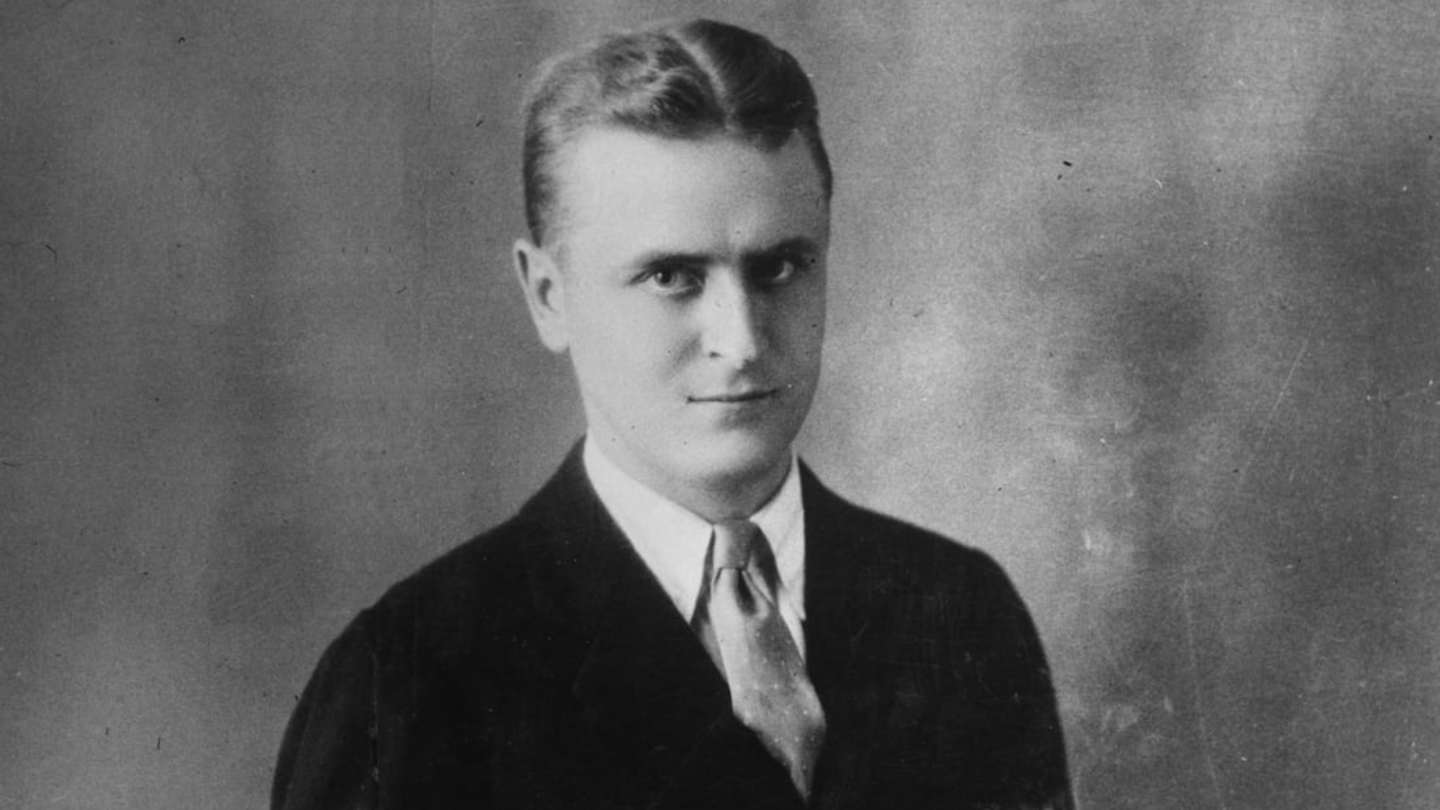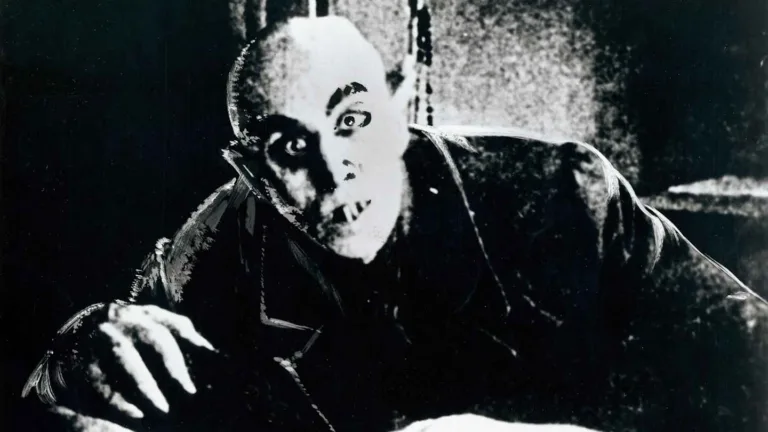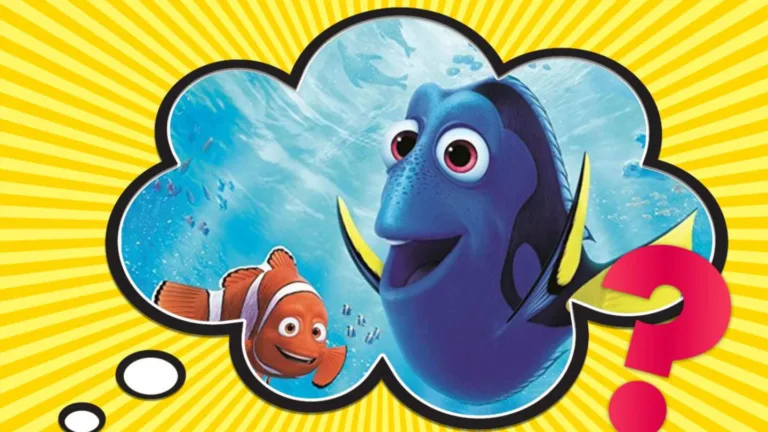F. Scott Fitzgerald, a literary giant of The Jazz Age, continues to captivate readers with his evocative prose and insightful portrayals of the wealthy and ambitious. His works, like The Great Gatsby and Tender is the Night, are filled with memorable characters and poignant observations on love, loss, and the American Dream. However, the enduring popularity of Fitzgerald’s writing has also led to a proliferation of misattributed quotes. Many sayings frequently circulated as Fitzgerald’s are, in fact, the creations of other authors or Have Origins Entirely Unknown.
This article aims to address this issue by examining several commonly misattributed quotes and tracing their true sources. We’ll explore how these inaccuracies have spread and the importance of verifying the authenticity of quotes before assigning Them To Specific Authors. By understanding the origins of these sayings, we can gain a clearer appreciation for Fitzgerald’s actual work and avoid perpetuating misinformation. The goal is to separate fact From Fiction, ensuring a more accurate understanding of Fitzgerald’S Literary Legacy.
One particularly prevalent example of this misattribution involves a quote often presented as reflective of Fitzgerald’s Romantic Ideals. Many believe he penned a sentiment along the lines of “she was beautiful,” but this is inaccurate. The search for the true she was beautiful quote origin reveals a more complex story of how such phrases evolve and get Attached To Famous Names. This highlights the importance of critical thinking and source verification when encountering Widely Shared Quotes, especially those associated with iconic figures.
Common Misattributed Quotes
The internet age has made the spread of misinformation incredibly easy. Quotes, often stripped of context and source, are shared widely across social media and online forums. This phenomenon is particularly prevalent with famous authors like F. Scott Fitzgerald, whose name lends an air of authority and romanticism to any statement. Many of these misattributions are harmless, simply adding to the mystique surrounding the author. However, some can distort our understanding of his actual beliefs and writing style.
Several examples of commonly misattributed quotes highlight this issue. The phrase “Write drunk, Edit Sober,” often attributed to Fitzgerald, actually originates from Peter De Vries. Similarly, the inspiring sentiment “For what it’s worth: It’s never too late or, in my case, too early to be whoever you Want To be” comes from the film adaptation of The Curious Case of Benjamin Button, not from Fitzgerald’s Original Short Story. These inaccuracies demonstrate how easily quotes can be misappropriated and attributed to the wrong source, especially in the digital age where verification is not always readily available.
The ease with which these misattributions spread underscores the importance of critical engagement with online information. Before accepting a quote as authentically belonging to a particular author, it’s crucial to verify its source. This involves checking reputable literary databases, Biographical Information, and primary sources whenever possible. While enjoying the beauty of a well-Crafted Phrase, it is equally important to appreciate the work of the actual author and avoid perpetuating inaccuracies. The widespread belief in the false attribution of certain quotes to Fitzgerald, Including Those Relating To Beauty, highlights the need for careful fact-Checking Before Sharing.
Fitzgerald’S Actual Works
To truly appreciate F. Scott Fitzgerald’s Literary Contributions, it’s essential to focus on his Actual Works. His novels and short stories offer a rich tapestry of characters and themes, exploring the complexities of love, wealth, and the American Dream with remarkable depth and insight. Instead of focusing on misattributed quotes, engaging directly with his writing allows for a deeper understanding of his Stylistic Choices, Narrative Techniques, and overall vision. Reading his original works provides a far more accurate representation of his literary voice than relying on potentially Fabricated Quotes.
Fitzgerald’s prose is characterized by its Lyrical Beauty, Sharp Wit, and evocative descriptions. His ability to capture the atmosphere of The Jazz Age is unparalleled. His novels, Such As The Great Gatsby, are considered classics of American literature, offering timeless explorations of societal issues and human nature. Focusing on these works allows readers to engage with Fitzgerald’s true genius and appreciate the nuances of his storytelling, rather than relying on potentially inaccurate and misleading quotes. His short stories offer equally compelling insights into his creative process and perspectives.
By immersing oneself in Fitzgerald’s Authentic Writing, one can truly appreciate the depth and complexity of his literary contributions. This direct engagement with his original works provides a far more enriching experience than relying on potentially misattributed quotes. While the allure of a concise, memorable quote is undeniable, the richness and complexity of Fitzgerald’s actual writing far surpasses any single, Possibly Fabricated, statement. Remember, the true essence of Fitzgerald’s legacy lies within the pages of his novels and short stories, not in the misattributed quotes that often overshadow his genuine literary achievements. For a true understanding of his perspective on beauty, for example, one must look to his descriptions Within His Works, rather than relying on potentially false claims about a she was beautiful Quote Origin.
 Blu-ray Competitor: How Sony Won the HD DVD War
Blu-ray Competitor: How Sony Won the HD DVD WarVerifying Quote Origins
In the digital age, verifying the origin of quotes is More Crucial Than Ever. The ease with which information spreads online, coupled with the lack of rigorous fact-checking, makes it simple for inaccuracies to proliferate. This is especially true for quotes Attributed To Famous Figures, where the perceived authority of the source often outweighs the need for verification. Therefore, developing a critical approach to online information is essential for responsible information consumption.
Several strategies can help verify the origin of a quote. Begin by searching reputable online databases and academic resources. These databases often contain extensive collections of verified quotes, Allowing You To cross-reference information and determine the authenticity of a particular statement. If the quote is attributed to a specific work, consult the original text to confirm Its Presence. If the quote is not found in the original source, it’s likely a misattribution. Additionally, consulting biographies and critical analyses of the author can provide further context and help determine the accuracy of the attribution.
Ultimately, responsible engagement with information requires a healthy dose of skepticism and a Commitment To Verification. Before sharing a quote online or in any other context, take the time to confirm its authenticity. This simple step can help prevent the spread of misinformation and ensure that the information you share is accurate and reliable. This is particularly important when dealing with quotes attributed to influential figures like F. Scott Fitzgerald, where misattributions can distort our understanding of their work and beliefs. This careful approach to verifying sources is vital, especially when investigating the potential origin of a quote like “she was beautiful,” as the search for the she was beautiful quote origin highlights the importance of critical thinking and responsible Information Sharing.
the impact of misattribution
The misattribution of quotes, While Seemingly Minor, can have a significant impact on our understanding of authors and their works. It can distort an author’s Intended Meaning, leading to misinterpretations of their beliefs and artistic vision. For example, attributing a quote about inner beauty to F. Scott Fitzgerald when it originated elsewhere might create a skewed perception of his focus and values. This inaccurate portrayal can affect how Readers Interpret His Actual Works, potentially missing the nuances and complexities of his original writing.
Furthermore, the widespread circulation of misattributed quotes can overshadow the author’s Genuine Accomplishments. When false quotes gain popularity, they often eclipse the author’s Actual Writings, diminishing the impact and appreciation of Their Original Work. Readers might be more inclined to engage with the easily digestible, Often Simplified, misattributed quotes rather than delving into the richer, more complex narratives of the author’s Original Texts. This ultimately undermines the author’s literary legacy and diminishes the value of their contributions to literature.
The consequences extend beyond the individual author. Misattributed quotes can contribute to a broader culture of misinformation and a diminished appreciation for accurate scholarship. The ease with which these inaccuracies spread highlights the importance of critical thinking and source verification in all aspects of information consumption. The persistent misattribution of quotes, including those potentially related to the search for a she was beautiful Quote Origin, underscores the need for greater awareness and a more rigorous approach to Verifying Information Before Sharing It. This will help to ensure a more accurate and nuanced understanding of literary works and the authors who Created Them.
She was beautiful: Separating Fact From Fiction
The phrase “She was beautiful” is a deceptively simple statement, easily adaptable to various contexts and readily associated with romantic ideals. Its brevity and evocative nature make It Highly Shareable, contributing to its widespread use across social media and other online platforms. However, the lack of a verifiable source linked directly to F. Scott Fitzgerald raises significant questions about Its Authenticity. While many might associate the sentiment with his romantic works, attributing it definitively to him requires Strong Evidence, Which Currently Remains Elusive.
The absence of this phrase in Fitzgerald’S Published Works, letters, or other known writings casts doubt on its origin. Extensive research into his life and literary output has yet to reveal a definitive source for this statement. This lack of evidence suggests that the quote, while aesthetically pleasing and seemingly fitting with Fitzgerald’s style, is likely a misattribution. It’s crucial to remember that the absence of evidence is not evidence of absence, but in this case, the lack of any verifiable source significantly weakens the claim of Fitzgerald’s authorship.
Therefore, while the sentiment expressed in “She was beautiful” resonates with many readers familiar with Fitzgerald’S Romantic Themes, it’s important to approach such statements with critical scrutiny. The absence of a verifiable source, coupled with the prevalence of misattributed quotes associated with the author, suggests that this particular phrase should not be definitively linked to F. Scott Fitzgerald. The ongoing quest for the she was beautiful quote origin serves as a cautionary tale, highlighting the importance of verifying sources and separating fact from fiction when engaging with online information, Especially Regarding Attributed Quotes.










